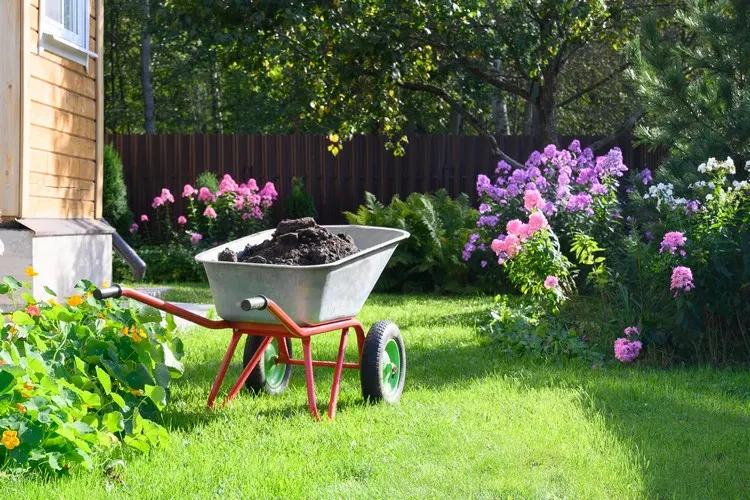Composting is a lot simpler and less complicated than most people think. It’s an eco-friendly measure to cut down on trash and turn it into one of the best soil improvements. But mistakes are not uncommon for beginners in gardening. Here you will find solutions to most problems and tips on how to compost properly.
Proper composting: what are the most common mistakes we should avoid?
It can be very frustrating when the compost pile doesn’t decompose in time, smells foul and attracts bugs and pests. We discuss the most common problems that can arise when composting at home and how to avoid them.
Choosing the wrong method
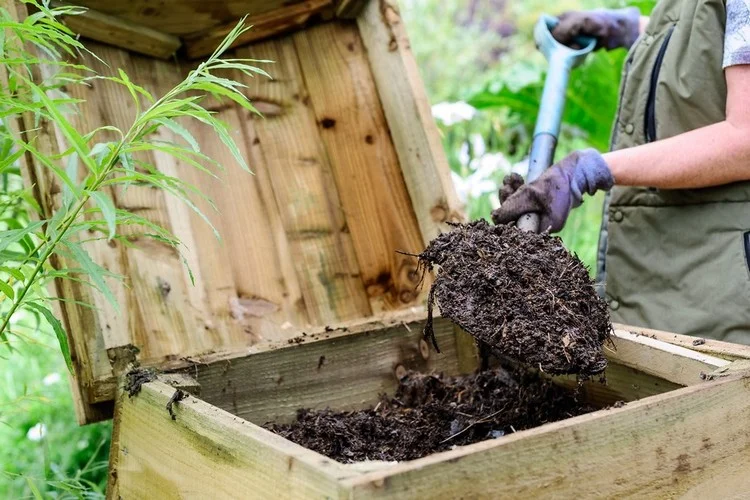
Take the time to decide which method of composting is best for you.
The first option is cold composting, which involves putting all the organic materials in one pile and regularly stirring them and adding water.
For hot composting, which requires a core temperature of up to 55°C, a turning schedule should be followed. In this case, the compost heap should be built up all at once.
You can also compost animal manure or add worms.
Choose the best method for you before you start.
Place the compost wrong
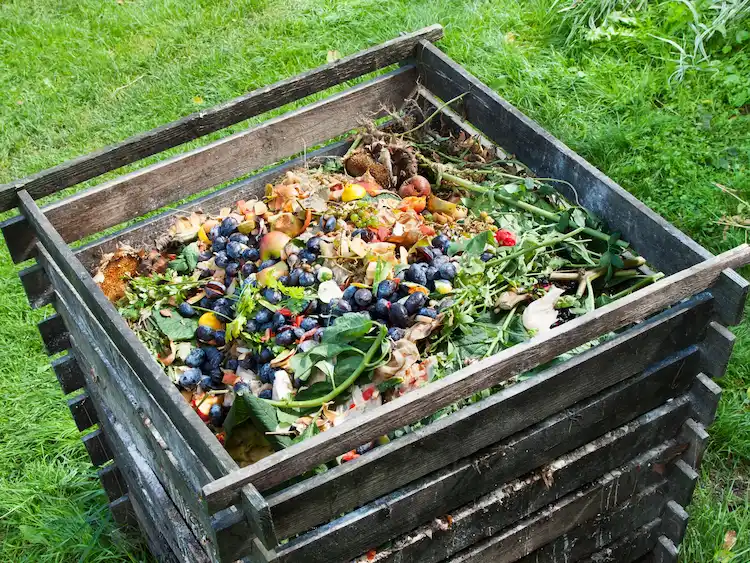
First of all, choosing the right location for your compost pile is very important. Don’t try to hide it, just find a good spot. The right location should provide the best conditions for decomposition. The compost should receive some sunlight but also be protected from rain. But it should also be easily accessible so that you can easily add kitchen leftovers. Also think about the easiest way to get the finished compost to its destination.
Compost correctly: Don’t use the wrong mix
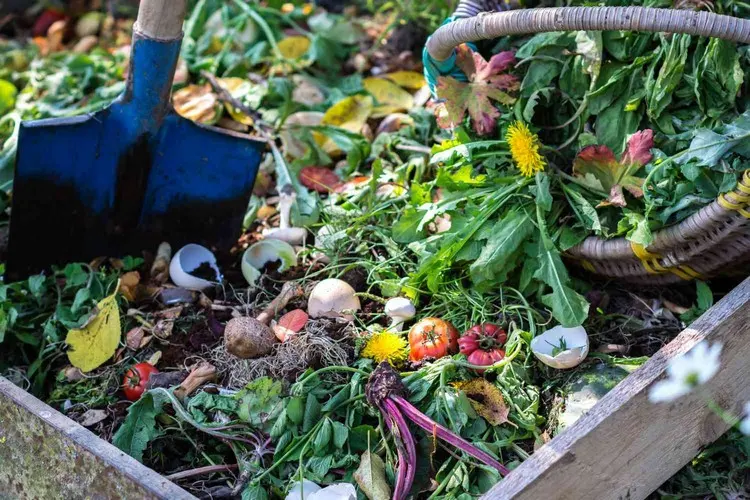
A compost heap is meant to contain the right mix of carbonaceous and nitrogenous materials. They need “brown” material like dry leaves, straw, shredded paper and “green” material like grass, yard waste, fruit and vegetable peelings, coffee grounds and tea bags.
To compost properly, you should always mix three parts brown to one part green materials.
Never add animal food waste such as meat, seafood, dairy and oil products, cat or dog waste.
Never add bread or pasta to your compost as these products attract various animals and lead to foul odors.
Admit diseased plants
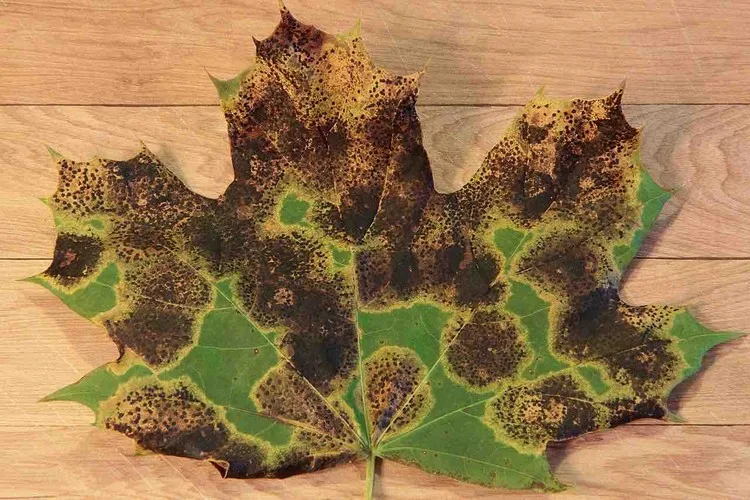
Another mistake you could make is adding diseased plants to the compost. However, if you do this, the disease will spread throughout the compost, and if you spread it throughout your garden, it will infect all of your plants.
So carefully remove the diseased plant material and also be careful not to introduce weeds into your compost.
Use too little or too much water
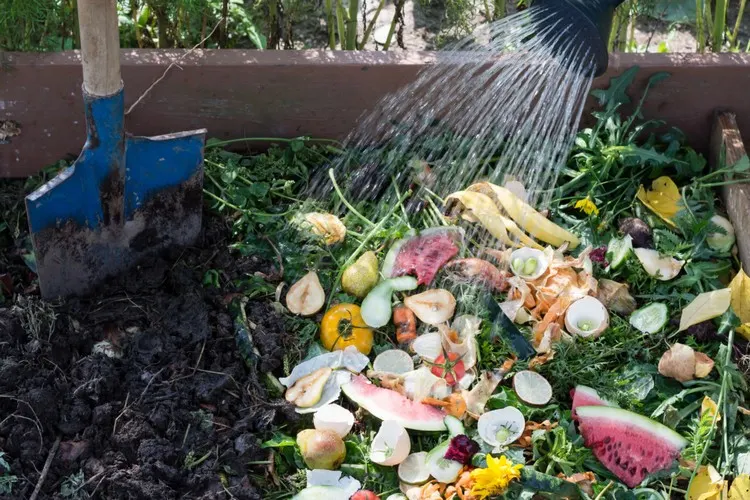
The compost needs moisture to function properly. But if it gets too wet, you’ll end up with a smelly, muddy mixture that attracts flies and pests. At higher humidity, add more dry foliage or straw to absorb them.
However, if the pile seems dry, add water little by little.
Check your compost regularly. If it feels warm and smells earthy, you’re spot on.
Let the compost get too hot
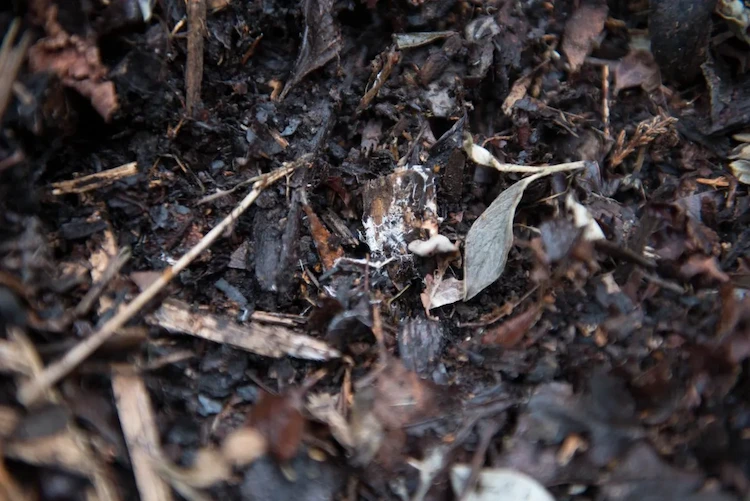
Most people cold compost. In this case, make sure that the heap is in the shade in hot weather.
If you choose hot composting, never let the mix get too hot as this can be counterproductive. The core temperature should be between 55 °C and 10 °C, otherwise the necessary organisms will be killed and white mold will form in the compost.
Not ventilating properly
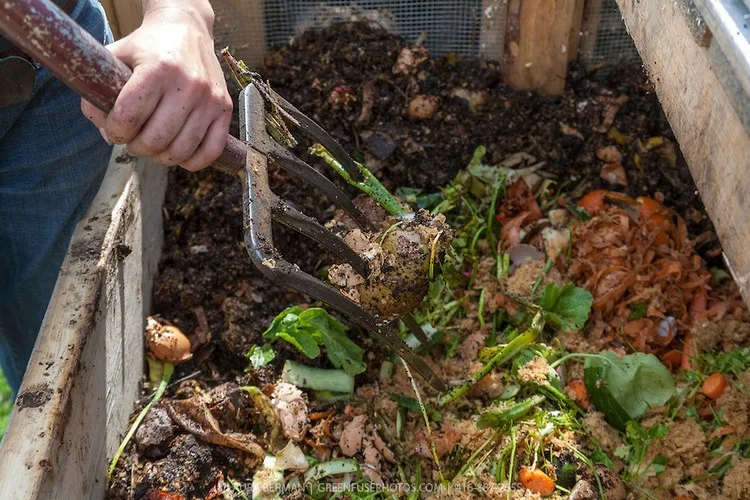
Oxygen is an important part of the composting process. It’s important to aerate the compost by turning or stirring it every few weeks to keep the decomposition process working properly and to keep all materials well aerated.
You can also buy an organic compost starter or prepare a homemade compost accelerator.
Leave the compost pile open
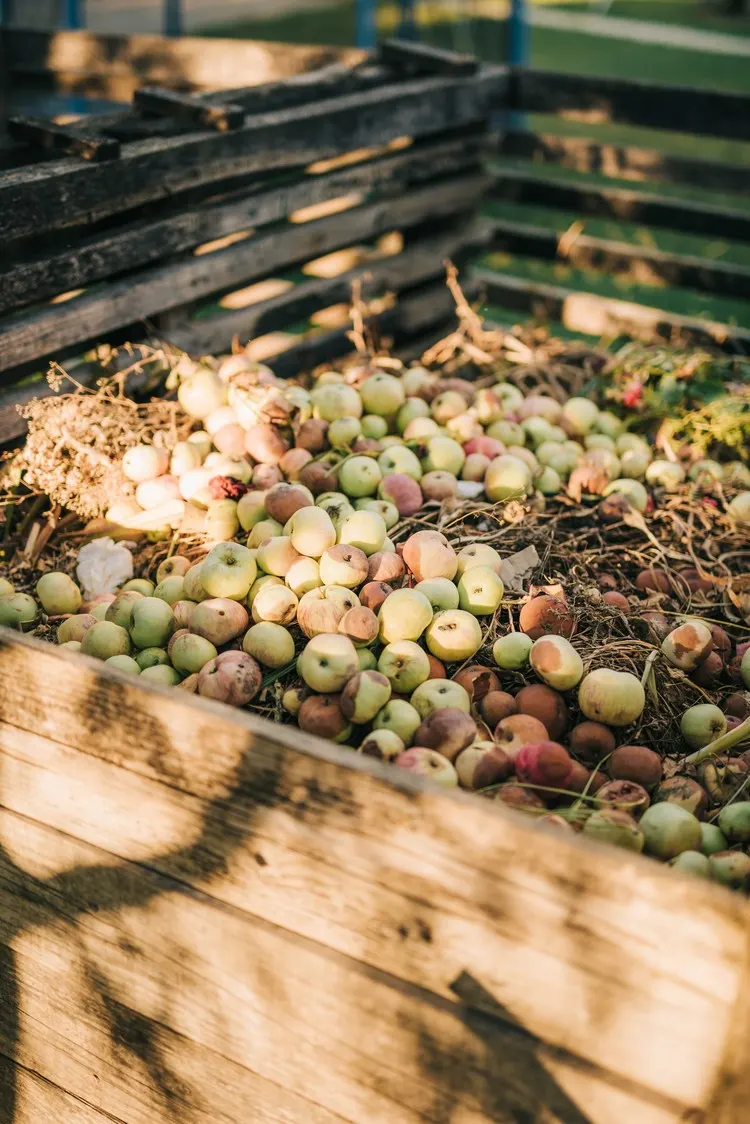
It’s important to cover the compost to avoid smelly odors and flies, and to prevent it from getting too wet when it rains. A cover also helps retain heat, which is very important, especially in winter.
If you build your own compost bin, a simple sheet of plywood will suffice. Leave just a few inches of space between the top of the bin and the cover to allow for enough oxygen to circulate.
Use the compost immediately
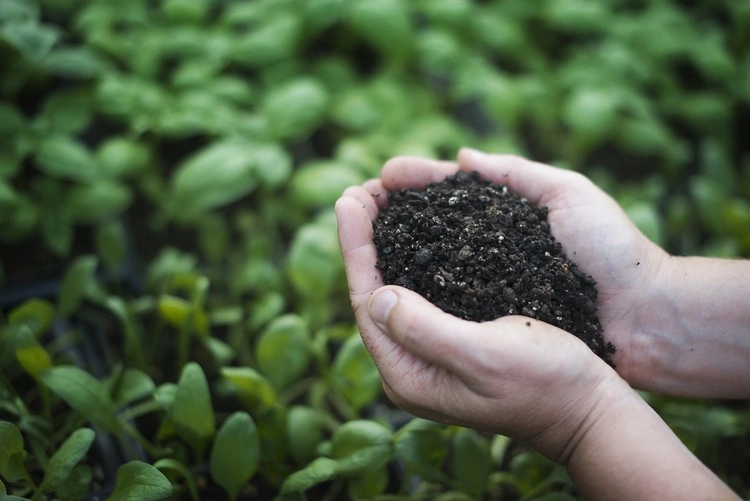
Do not use your compost immediately after it has reached the desired consistency as it will take time to harden. If you add it to the garden beds too early, the oxygen supply to the roots will be reduced and the plants will stop growing or their leaves will turn yellow. Instead, wait at least three weeks after completion and then spread it out safely in your garden.
